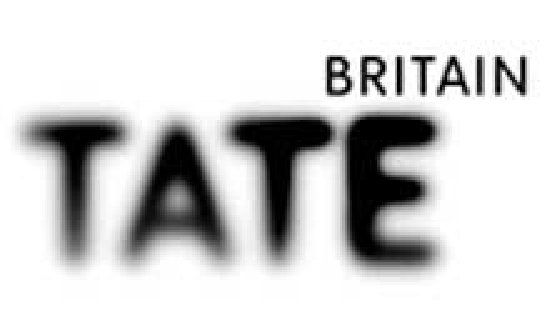 Tate Britain, London, September 5 – 06, 2013
Tate Britain, London, September 5 – 06, 2013
Deadline: Apr 15, 2013
Internationalism and the Arts: Imagining the Cosmopolis at the Long Fin de Siècle
This conference follows a series of workshops organised by the AHRC-funded research network Internationalism and Cultural Exchange c. 1870-1920 (ICE, http://www.bristol.ac.uk/arts/research/ice/).
Previous events have explored different aspects of cultural internationalism at the long fin de siècle, from world exhibitions, to the global rise of the vernacular, and the idea of music as a universal language. This conference adapts Benedict Anderson’s theory of the nation as an imagined community in order to examine certain questions – about the locations, languages and citizens of an ‘imagined cosmopolis’– which have been fundamental to our enquiry. In particular, it asks what alternatives to nationhood were proposed by artists working at the turn of the twentieth century. What were their sites of operation? How did they use the arts to communicate? And what real and imagined communities did they build to cross national boundaries? The conference will focus on these three themes, of place, language and cosmopolitanism, as they played out during an otherwise intense period of nation-building; and it will examine the methodological implications of cultural internationalism for research, teaching and display in the
arts. We invite short papers (15–20 minutes) on topics which may include but are not limited to:
– The fin-de-siècle cosmopolis, real or imagined
– Temporary sites of internationalism: exhibitions, conferences, communes
– Virtual sites: journals and other publications
– The idea of art as a universal language
– Transnational systems of inscription
– Translation between national traditions
– The cosmopolitan individual (celebrity, mediator or misfit)
– Transnational communities and sub-cultures
– International organisations
– Transnational history and the arts: methodological implications for research and teaching
– Transnational history and the gallery: methodological implications for curation
– Why the fin de siècle? 1870–1920 as a distinctive period for cultural internationalism
Please submit proposals for papers (of no more than 400 words) and a short biography by Monday 15th April to iceresearchnetwork@gmail.com

Leave a Reply
You must be logged in to post a comment.